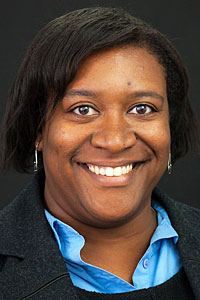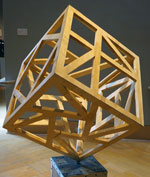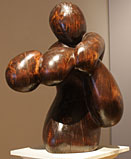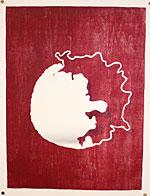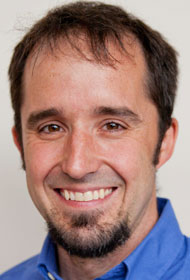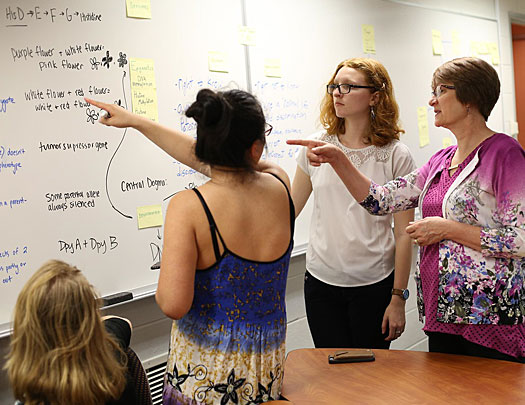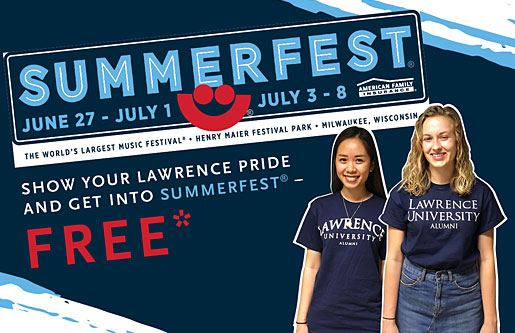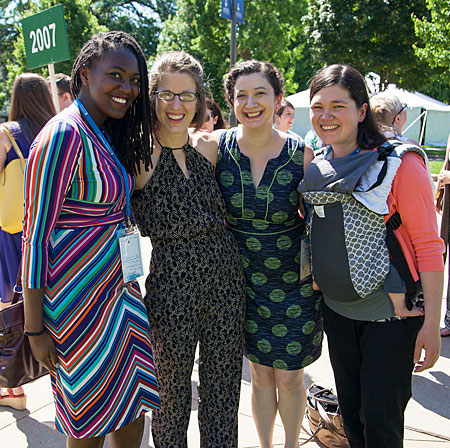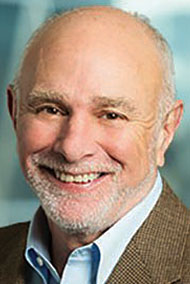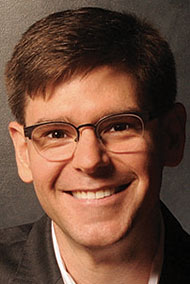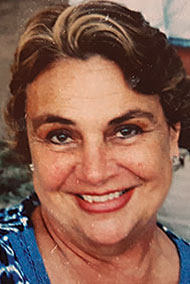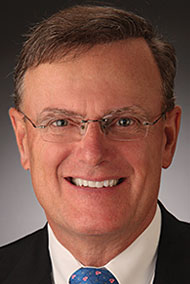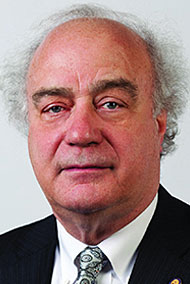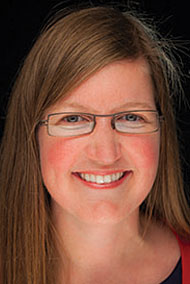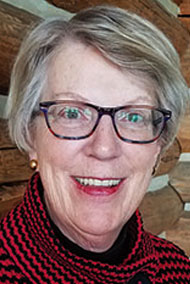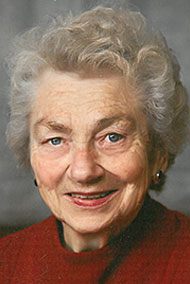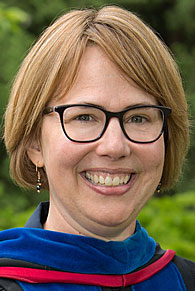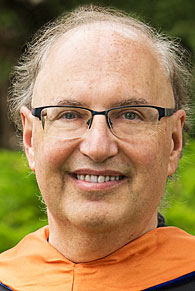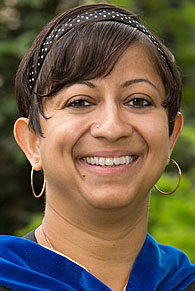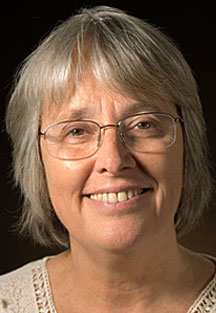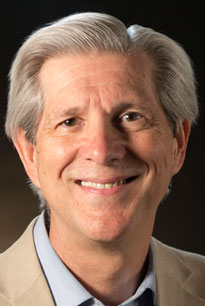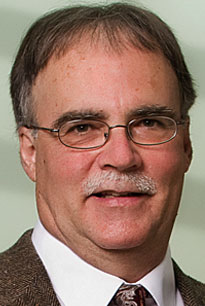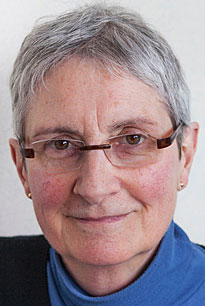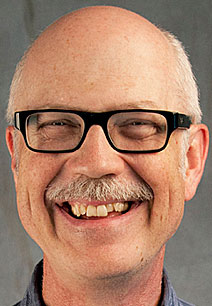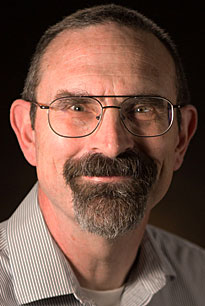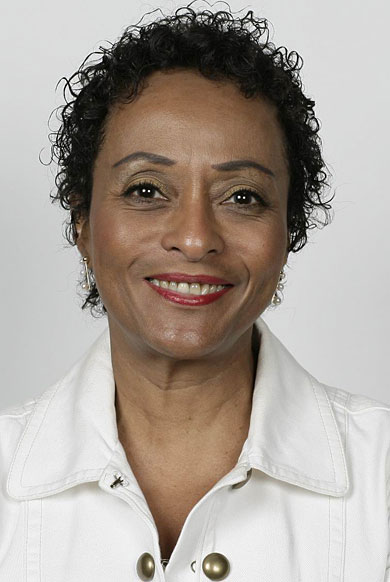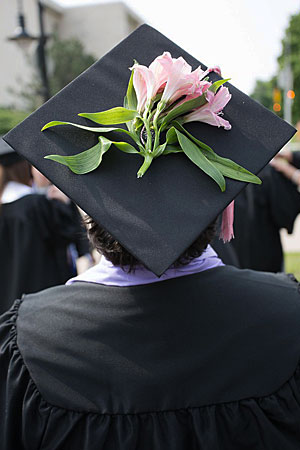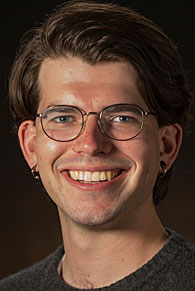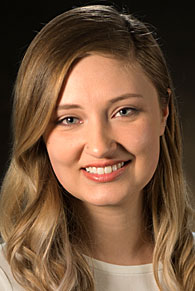Works by Lawrence University sculptor Rob Neilson will be featured in an exhibition opening Friday, July 6 at the Wisconsin Academy’s James Watrous Gallery in Madison’s Overture Center for the Arts.
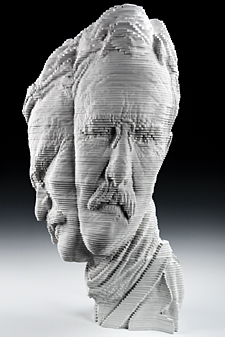
The exhibition “Pataphysical Portraits” runs through Aug. 19. A free artists’ reception will be held Friday July 13 from 5-7 p.m. with an informal gallery talk delivered at 5:30 p.m.
In “Pataphysical Portraits,” Neilson exploits the traditional genre of portraiture busts in a way that combines iconography and incongruity.
Concentrating on the exchange between the idiosyncratic and collective readings of each figure’s image, Neilson explores the construction of identity and the space where the iconic encounters the absurd. His work asks what this reveals about how we see ourselves, what we value and the meaning we give to individual narratives.
Neilson, who joined the Lawrence art department in 2003, holds the Frederick R. Layton Professor of Art endowed chair. He has exhibited his sculpture, installations and drawings at galleries, museums, and alternative spaces nationally and internationally.
He has created public art commissions throughout the United States, including projects in California, Illinois, Iowa, Michigan, Nebraska, North Carolina, Virginia, Washington and Wisconsin. Three of Neilson’s projects “You Are Here,” “We Are Here” and “Community Caryatids,” are featured in the Fox Cities Exhibition Center in downtown Appleton.
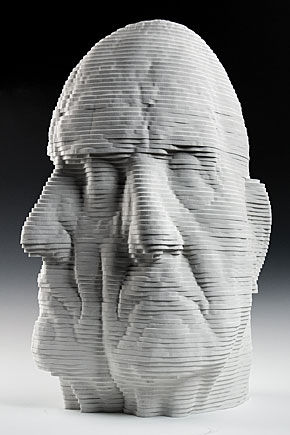
A native of Detroit, Neilson earned a BFA degree in fine arts from the College for Creative Studies and an MFA in sculpture from the University of North Carolina, Chapel Hill.
The James Watrous Gallery is a program of the Wisconsin Academy of Sciences, Arts & Letters, an independent, nonprofit organization that seeks to inspire discovery, illuminate creative work, and foster civil dialogue. The gallery’s primary focus is the work of contemporary Wisconsin visual artists. We also present exhibitions that explore the history of art in Wisconsin or topics that bridge the sciences, arts, and humanities. The gallery is free and open to the public.
About Lawrence University
Founded in 1847, Lawrence University uniquely integrates a college of liberal arts and sciences with a nationally recognized conservatory of music, both devoted exclusively to undergraduate education. It was selected for inclusion in the book “Colleges That Change Lives: 40 Schools That Will Change the Way You Think About College.” Engaged learning, the development of multiple interests and community outreach are central to the Lawrence experience. Lawrence draws its 1,500 students from nearly every state and more than 50 countries.
